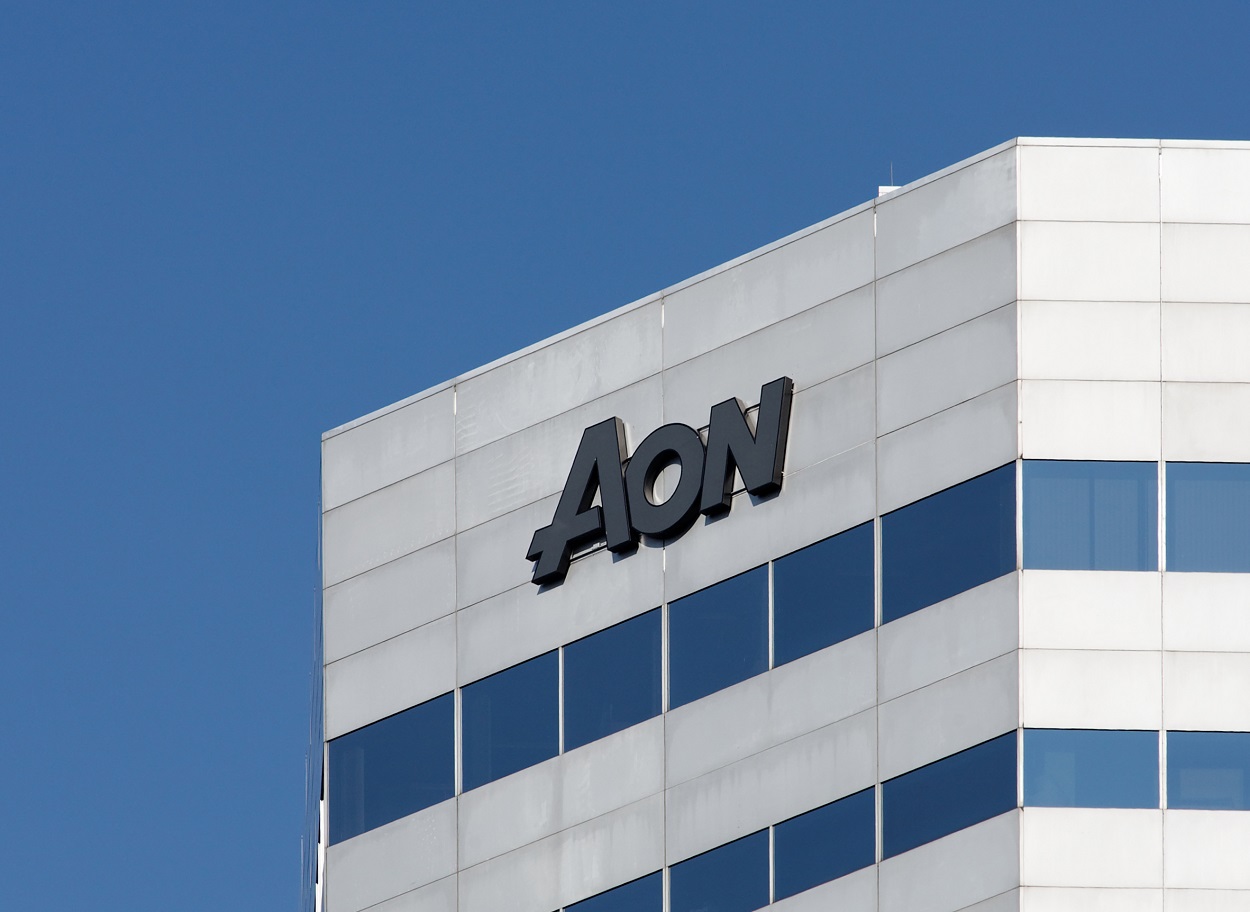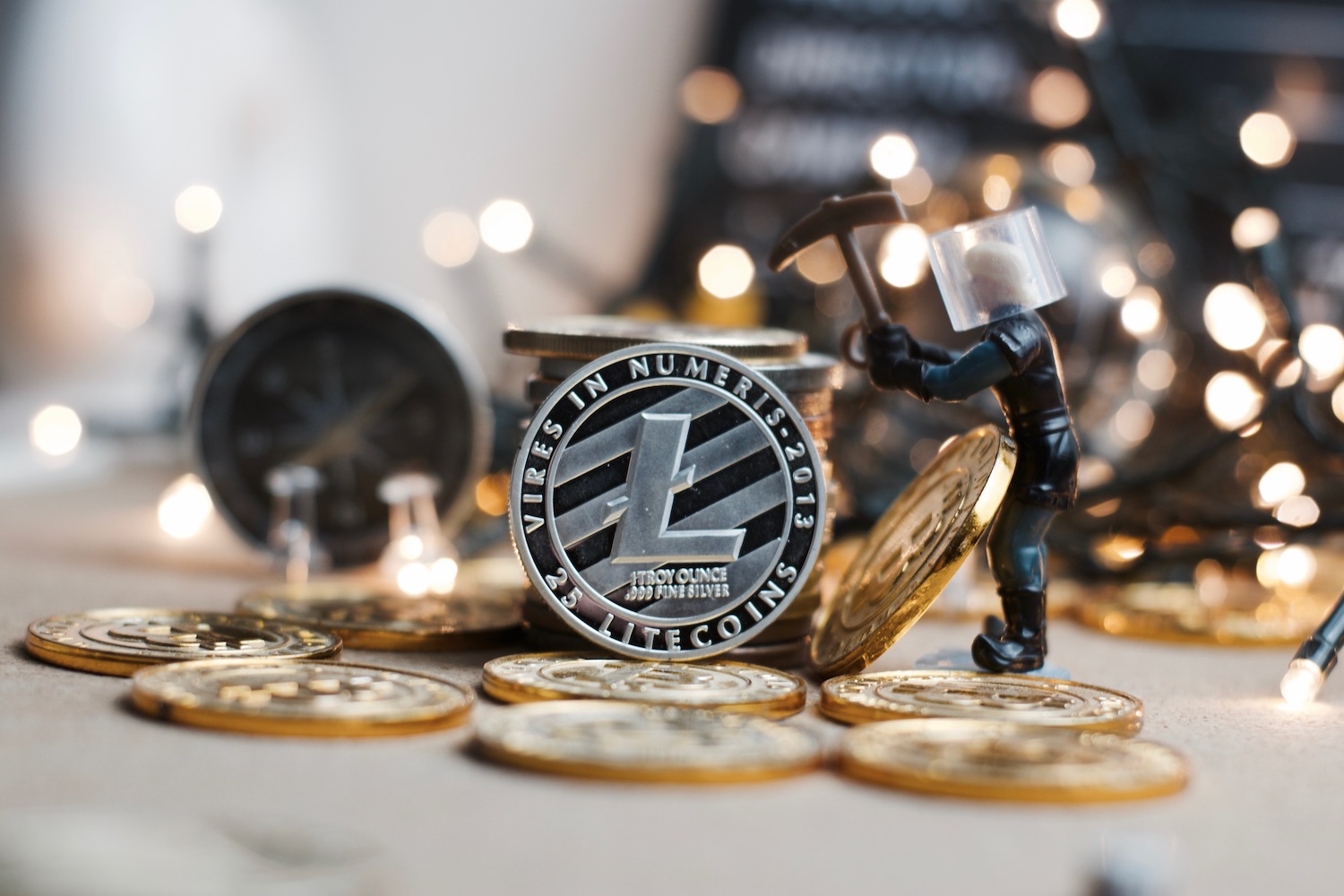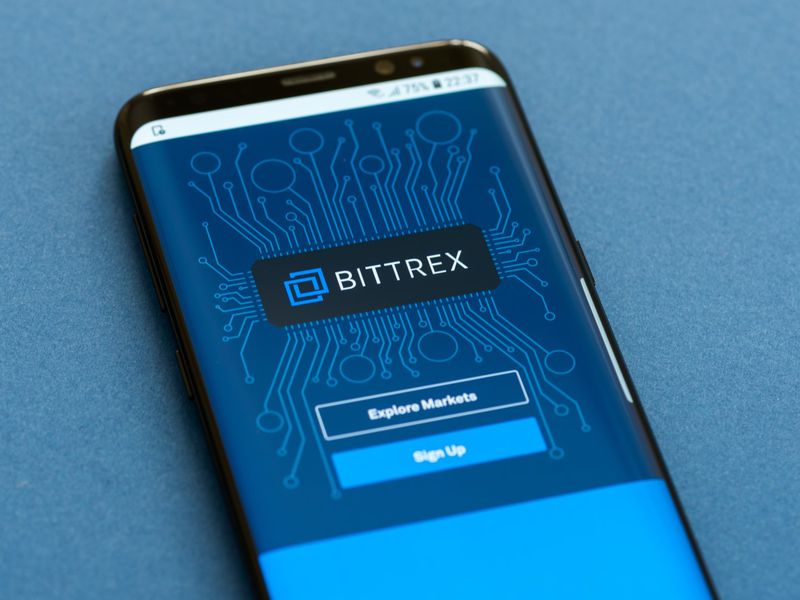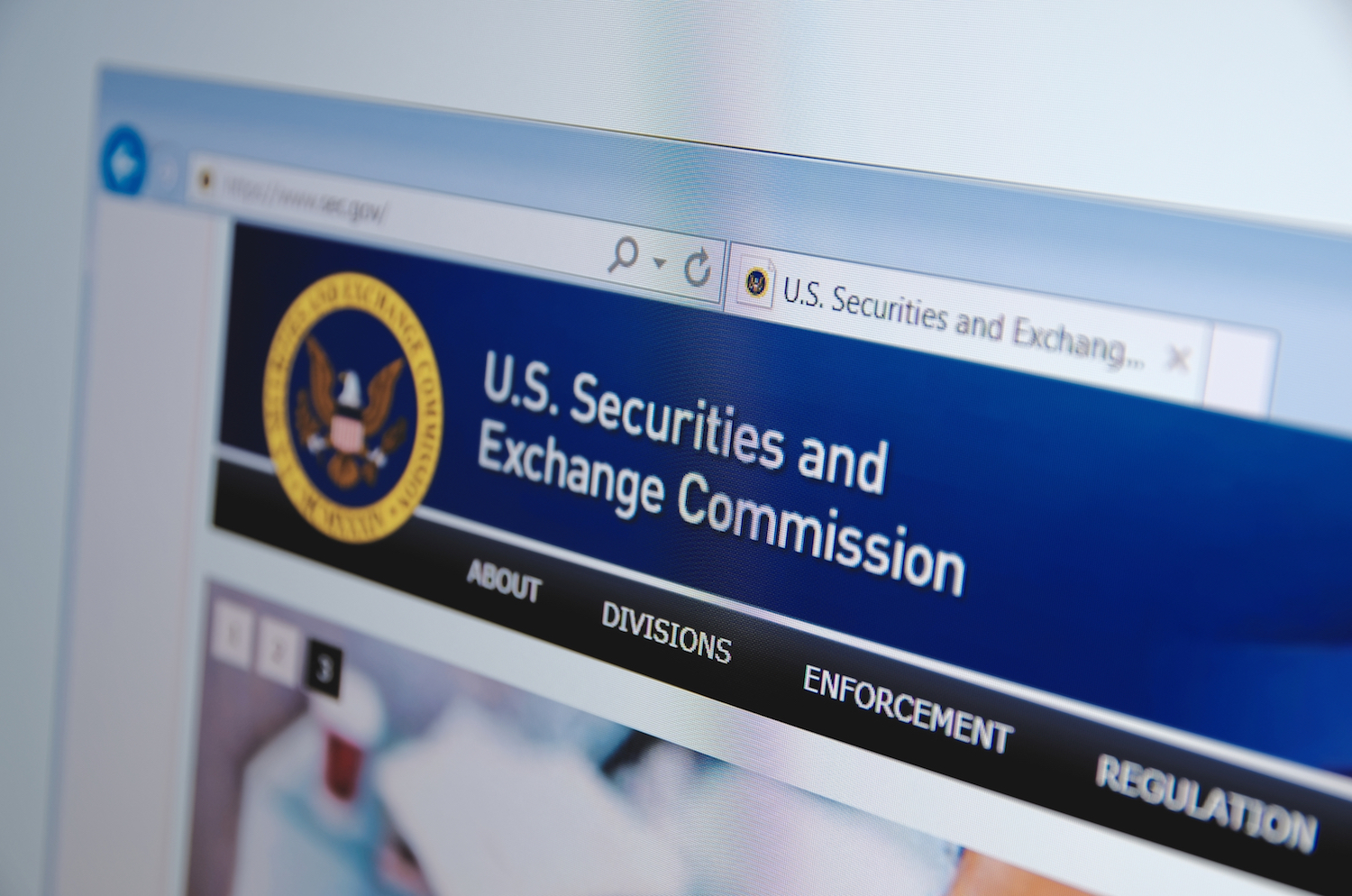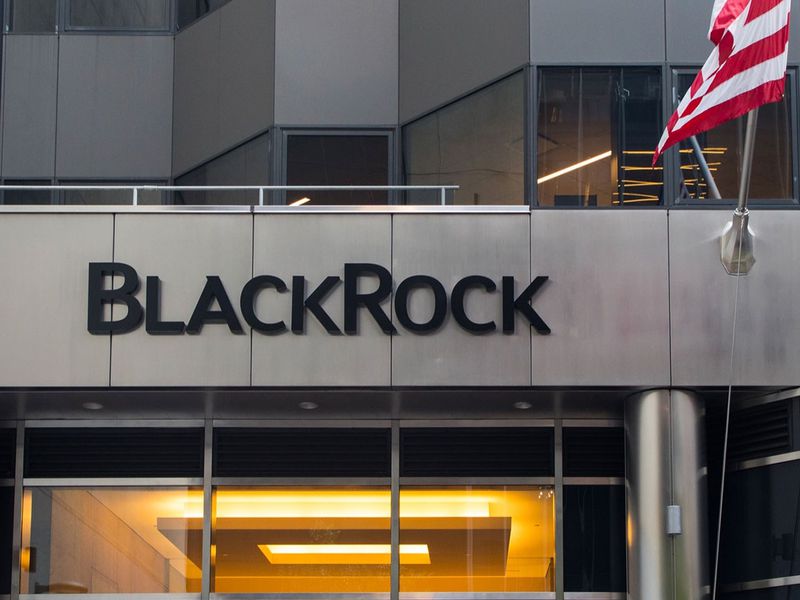China’s Top Prosecution Agency Says Although Not Banned NFTs Have Crypto-Like Attributes
:format(jpg)/www.coindesk.com/resizer/Lky4i31E0VGlf1KEVfI5nxsXZS8=/arc-photo-coindesk/arc2-prod/public/PRTUSW5G55EPJKV5XA3VM4F6HE.jpg)
Sandali Handagama is a CoinDesk reporter with a focus on crypto regulation and policy. She does not own any crypto.
China’s highest national agency responsible for legal prosecution has warned non-fungible token (NFT) digital collections share “the attributes of virtual assets,” which are banned in the country.
The Supreme People’s Procuratorate of the People’s Republic of China published its guidelines for the treatment of NFTs on Monday, recommending stronger “risk research and judgment” and to “accurately punish crimes.”
After China cracked down on local crypto trading and cut off banks from offering crypto-related services in 2021, the local industry all but vanished – until NFTs stormed the scene, and started gaining popularity in China as “digital collectibles,” that didn’t fall into the same basket as high-risk crypto. But the prosecution agency’s new report warns otherwise.
“While it has high popularity, it is very likely to cause financial risks, management risks, network security risks, etc., especially the legal risks. Prosecutors are paying close attention,” the report from Monday said.
NFTs attach a unique digital identifier to virtual or real items, that allows proof of ownership to be recorded on a blockchain. China’s prosecution agency argues owners cannot really “enjoy” the ownership, particularly of digital art, which can still be replicated and distributed.
“From the perspective of property rights, consumers do not enjoy the ownership of the NFT digital assets they purchase in the sense of civil law, and consumers cannot prohibit others from accessing, copying or disseminating the digital assets mapped by NFT,” one author of the report said. “What consumers enjoy is only an exclusive right to prohibit others from tampering with the ownership of the NFT recorded on the blockchain.”
Despite China’s aversion to crypto, the country is looking to harness the blockchain technology that underlies virtual assets to build out national digital infrastructure.
“As a new application of blockchain technology, NFT has certain development potential,” the prosecution agency said.
Edited by Parikshit Mishra.
DISCLOSURE
Please note that our
privacy policy,
terms of use,
cookies,
and
do not sell my personal information
has been updated
.
The leader in news and information on cryptocurrency, digital assets and the future of money, CoinDesk is a media outlet that strives for the highest journalistic standards and abides by a
strict set of editorial policies.
CoinDesk is an independent operating subsidiary of
Digital Currency Group,
which invests in
cryptocurrencies
and blockchain
startups.
As part of their compensation, certain CoinDesk employees, including editorial employees, may receive exposure to DCG equity in the form of
stock appreciation rights,
which vest over a multi-year period. CoinDesk journalists are not allowed to purchase stock outright in DCG
.
:format(jpg)/www.coindesk.com/resizer/Lky4i31E0VGlf1KEVfI5nxsXZS8=/arc-photo-coindesk/arc2-prod/public/PRTUSW5G55EPJKV5XA3VM4F6HE.jpg)
Sandali Handagama is a CoinDesk reporter with a focus on crypto regulation and policy. She does not own any crypto.
Learn more about Consensus 2024, CoinDesk’s longest-running and most influential event that brings together all sides of crypto, blockchain and Web3. Head to consensus.coindesk.com to register and buy your pass now.
:format(jpg)/www.coindesk.com/resizer/Lky4i31E0VGlf1KEVfI5nxsXZS8=/arc-photo-coindesk/arc2-prod/public/PRTUSW5G55EPJKV5XA3VM4F6HE.jpg)
Sandali Handagama is a CoinDesk reporter with a focus on crypto regulation and policy. She does not own any crypto.


